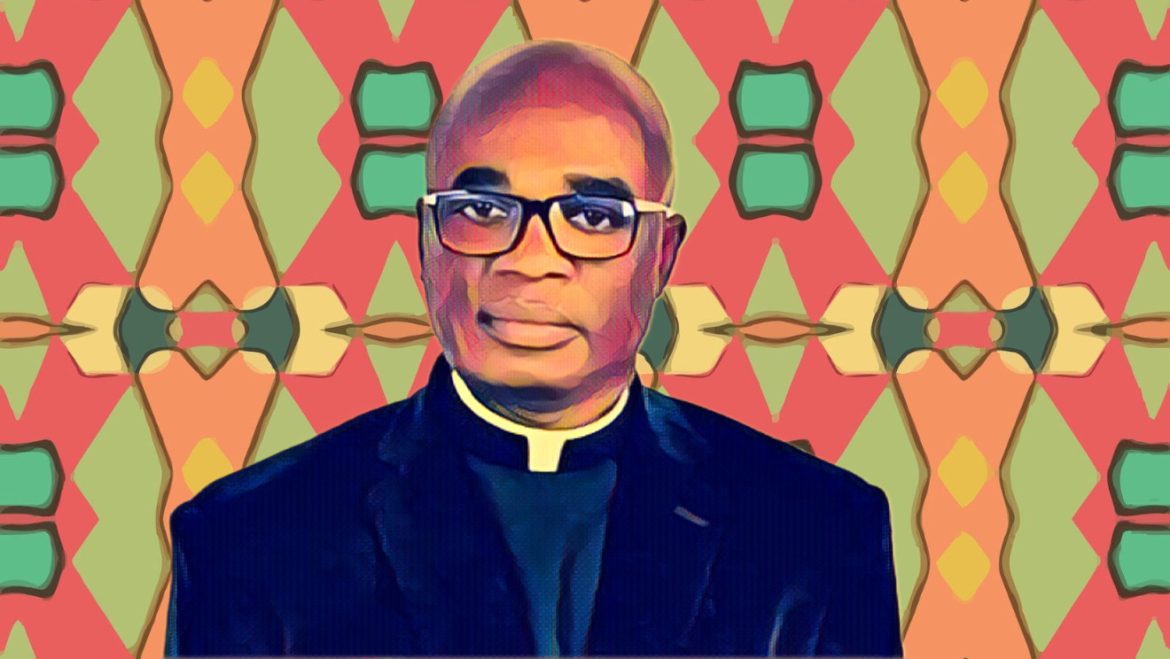Residents of Benue State, Nigeria, face continued uncertainty as a court hearing on the legality of a curfew order imposed by Governor Hyacinth Alia has been postponed. The order, which restricts public gatherings and events to before 10 pm, has sparked controversy with some residents feeling it infringes on their freedoms. The hearing, originally scheduled for July 8th, 2024, has now been delayed until September 26th.
Opposition Party and Activists Challenge Curfew’s Legality
The lawsuit challenging the curfew was filed by Mr Bemgba Iortyom, the Benue State Publicity Secretary of the Peoples Democratic Party (PDP), and human rights activist Mr Adebayo Ogorry. They argue that the order, signed in February 2024, severely restricts fundamental rights like freedom of assembly and creates an atmosphere of authoritarian rule.
Lawyers representing Governor Alia and the state government requested and received an extension to file their response to the lawsuit. This move suggests the government intends to defend the curfew order. The plaintiffs’ lawyer argued that he needed additional time to respond to documents served on him shortly before the hearing, highlighting potential procedural delays.
Curfew Restrictions and Legal Concerns
The specific restrictions of the curfew order require residents to obtain permits from the Department of Public Order for gatherings after 10 pm. This applies to events like wakes, ceremonies, and religious occasions. The plaintiffs argue that this requirement violates Sections 40, 41, and 45(1) of the Nigerian Constitution, which guarantees freedom of assembly and movement. They further argue that the order contradicts the African Charter on Human and People’s Rights, an international treaty ratified by Nigeria.
With the hearing postponed, the curfew order remains in effect for the next two months. This creates uncertainty for residents planning events or gatherings that might fall outside the permitted timeframe. The court’s decision in September will determine whether the curfew is deemed legal or an infringement on citizens’ rights.
Beyond Legal Challenges: Broader Concerns
While the legal battle plays out, the curfew order has sparked wider discussions about security concerns and the balance between public safety and individual freedoms in Benue State. The state has grappled with violence and insecurity in recent years, which Governor Alia may argue necessitates stricter measures. However, critics argue that the curfew is an overly broad response and could stifle social activities and peaceful gatherings.
The September hearing will be crucial in determining the fate of the curfew order. If the court rules in favor of the plaintiffs, the order could be scrapped entirely or significantly modified. Conversely, a ruling in favor of the government would uphold the curfew and potentially set a precedent for similar measures in the future.
Source: Punch


